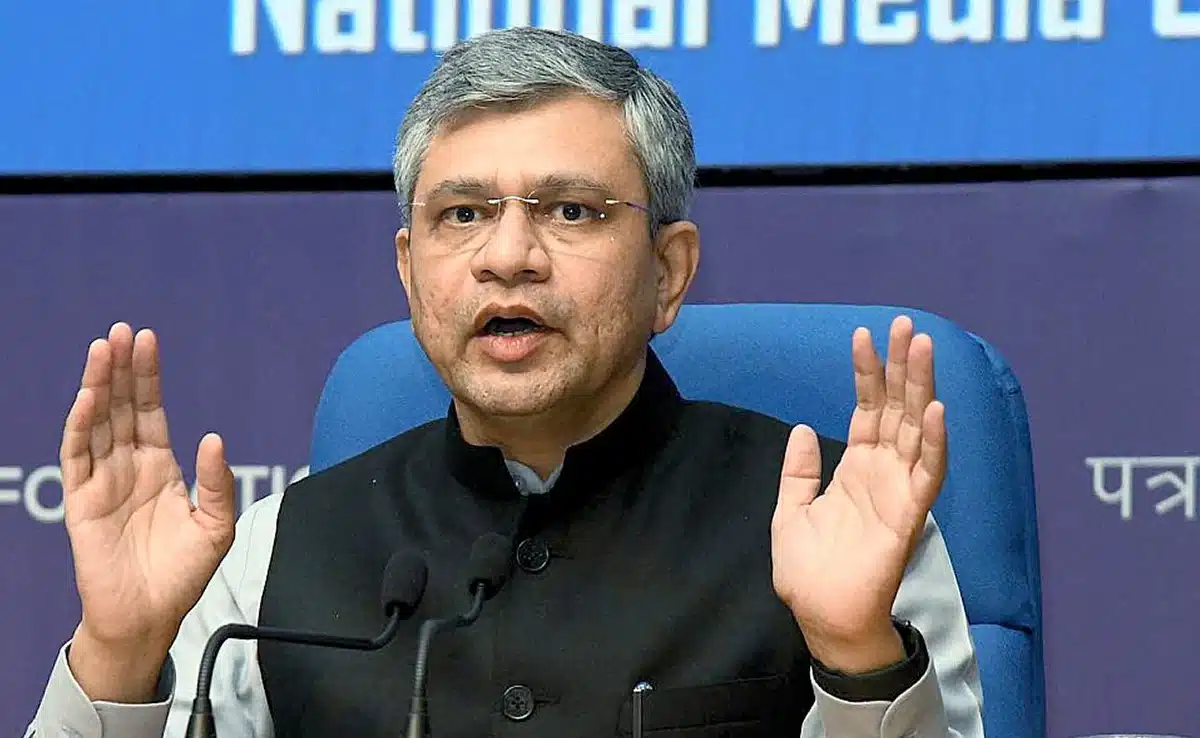India is seeking consensus on artificial intelligence (AI) opportunities and risk mitigation at the Global Partnership on Artificial Intelligence (GPAI) Summit.
IT Minister Ashwini Vaishnaw highlighted the global consensus on AI’s potential, benefits, and risks. He mentioned that the summit aims to align with international viewpoints and past agreements, and that the ultimate goal is to produce a consensus-driven declaration document by the end of GPAI 2023.
GPAI aims to connect theory and practice in AI, fostering international collaboration across various sectors. It includes 28 member countries and the European Union (EU), but China is not a member of the GPAI. The past summits were held in Montreal, Paris, and Tokyo.
The day has arrived when India, as the Lead Chair of GPAI, will host the 3-day #GPAISummit2023; to be inaugurated by Hon. PM @narendramodi at 5 PM.
Visit #BharatMandapam to be a part of the event of a lifetime! @PMOIndia @AshwiniVaishnaw @Rajeev_GoI @abhish18 pic.twitter.com/uSLQuoFjwT
— Digital India (@_DigitalIndia) December 12, 2023
India’s Strategy at the GPAI Summit
Vaishnaw said that the GPAI declaration will have two aspects highlighting India’s stance around AI.
The first is to evaluate the use of AI in sustainable agriculture, adding to the previous GPAI themes including healthcare, climate action and building a resilient society. The second is on collaborative AI — in line with our DPI approach.
The Indian Express has previously explained India’s plan to use a Digital Public Infrastructure (DPI) strategy for AI. This involves creating underlying systems, including databases and computing capacity, to help spread AI more widely. India has already used this approach with its Aadhaar biometric identity program and the Unified Payments Interface (UPI) payment system.
OpenAI’s Involvement and Global AI Governance
Amid the evolving global landscape of AI regulation, the participation of key AI industry figures like Anna Makanju, Vice President of Global Affairs at OpenAI, at the GPAI Summit gains significance. During her address, she said:
We have learnt how important it is to develop governance models for AI. We have worked with the Biden Administration and G7… We must develop an international body to ensure that the most powerful technology is safe and the benefits of it are equally distributed.
Makanju’s views are especially relevant considering the recent upheaval at OpenAI. The company, famous for ChatGPT, saw shifts in its leadership, including CEO Sam Altman’s controversial exit and return, and Microsoft joining its board.
International Advances in AI Regulation
Globally, AI regulation is evolving. The EU recently agreed on a provisional AI Act, setting clear rules for AI use, especially in law enforcement, and allowing complaints against violations. It places strong limitations on facial recognition and AI that manipulates human behavior, with strict penalties for non-compliance.
Last month, Group 7 (G7) announced the Hiroshima AI Process, which focuses on creating guidelines for AI’s safe development, emphasizing transparency, risk management, and global challenges like climate change and health. It encourages international cooperation and the continuous evolution of standards to harness AI’s potential responsibly.
Furthermore, the United Nations (UN) also stepped up. The UN’s AI initiative, led by a high-level advisory body, aims to use AI for global challenges and sustainable development goals. It focuses on starting global discussions on AI governance, understanding risks like misinformation, and promoting AI’s application in critical areas like public health and education.
Previously, the U.S. issued an executive order for AI oversight and safety standards, marking a significant step by the Biden Administration in AI regulation. This order targets threats posed by AI and oversees the safety of AI technologies like ChatGPT and Google Bard.
